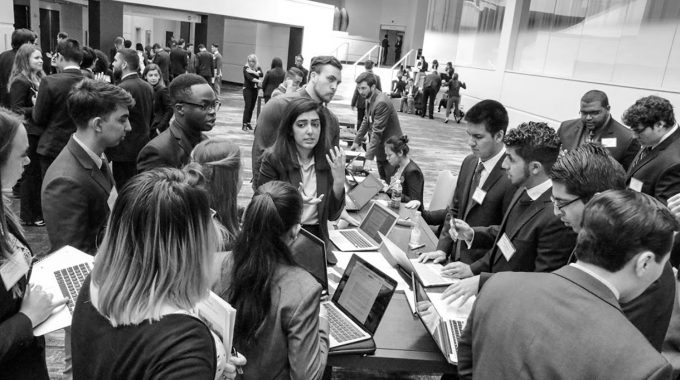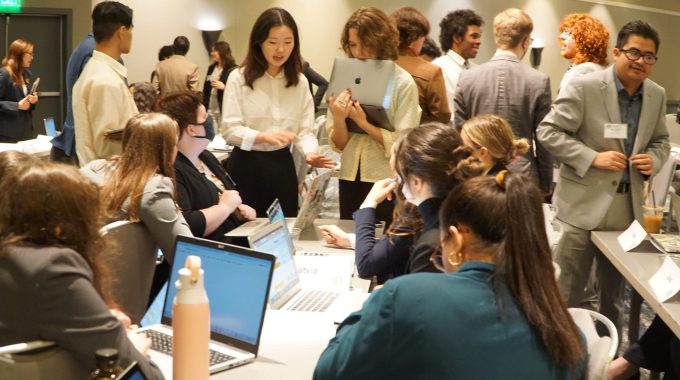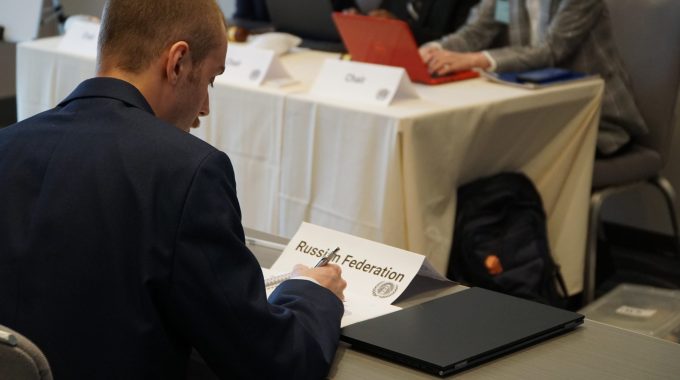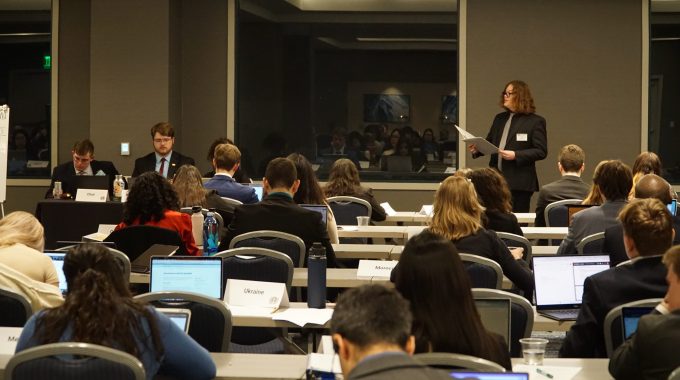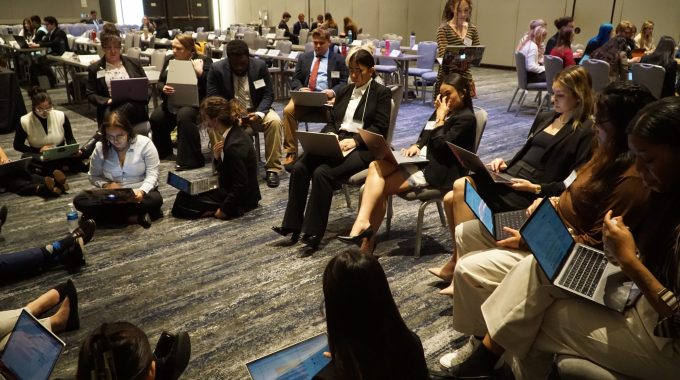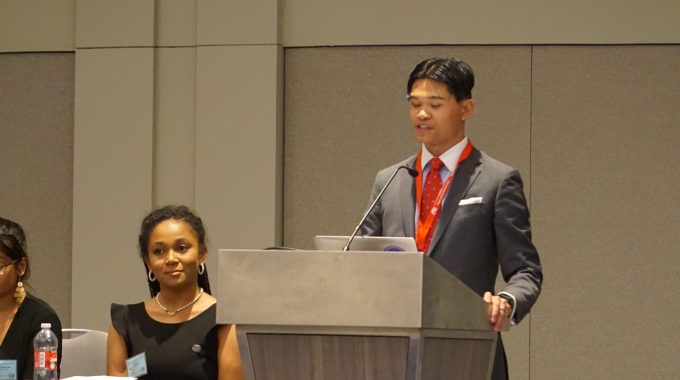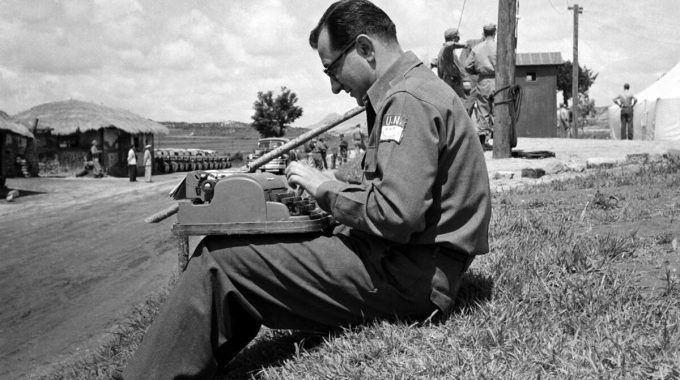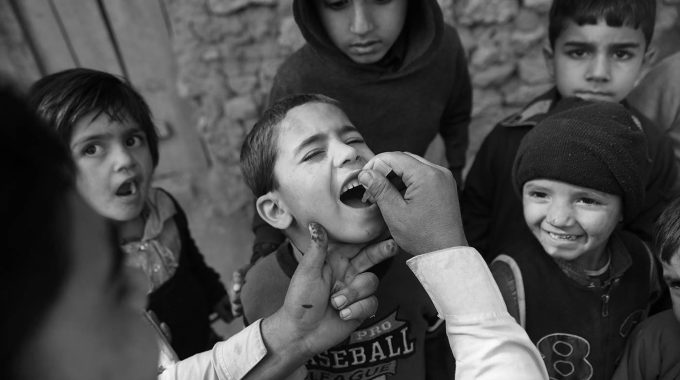A Contentious Day of Unmoderated Caucus In The CSTD
The Model United Nations Of The Far West’s Commission on Science and Technological Development does not like to mess around. The committee chose today to forgo much of their open caucus time, preferring instead to sort out their issues in unmoderated caucus. All parties started out working on just one singular resolution. This move was followed by claims from almost every delegate that they sought to work in the spirit of collaboration and goodwill with fellow member states. The Chair noted early in the day’s session, however, that divisions were forming between developed and undeveloped nations. The divisions started after it was discovered that the American delegation was not interested in freely sharing the patents of their private industries.
The first coalition to form lacked a definite leader, but worked cohesively with the United States to advance their goal of sharing information from programs and research. They did include the caveat that all shared research must be from programs funded partially by the UN.
Cuba initially led the second coalition, focusing in large part on what they call The United States of America’s “stranglehold” on patents for technology that they claim could help end world hunger.
This move was quickly capitalized upon by The Russian Federation and The Democratic People’s Republic of North Korea. The former of whom seized on America’s “hypocrisy,” referencing the U.S.’s simultaneous support of Ukraine and economic sanctions on Cuba.
As the day progressed, the two coalitions became three, all still claiming to be working in the spirit of collaboration and towards a common goal. Despite the repeated insistence of all parties, that collaboration has started to form visible cracks. To quote the U.S. Delegate, “Two of the three resolutions might agree.” Another notable event was when, in a rare moment of open caucus, the U.S. led coalition chose to enter as one unified group, which sent a clear message to the other two coalitions. The day ended without a single resolution being submitted. Instead, all three coalitions voted for more unmoderated caucus time to further develop their resolutions.
All this veiled chaos distracted from the vitally important goals of the committee; Utilizing technology to address global health and food shortages. According to the committee’s own metrics, somewhere near 193 million people suffer from hunger or face starvation. With some notable exceptions, these statistics should help to motivate further progress among the delegates.
Hayden Oliver
World Press Reporter
New Zealand

